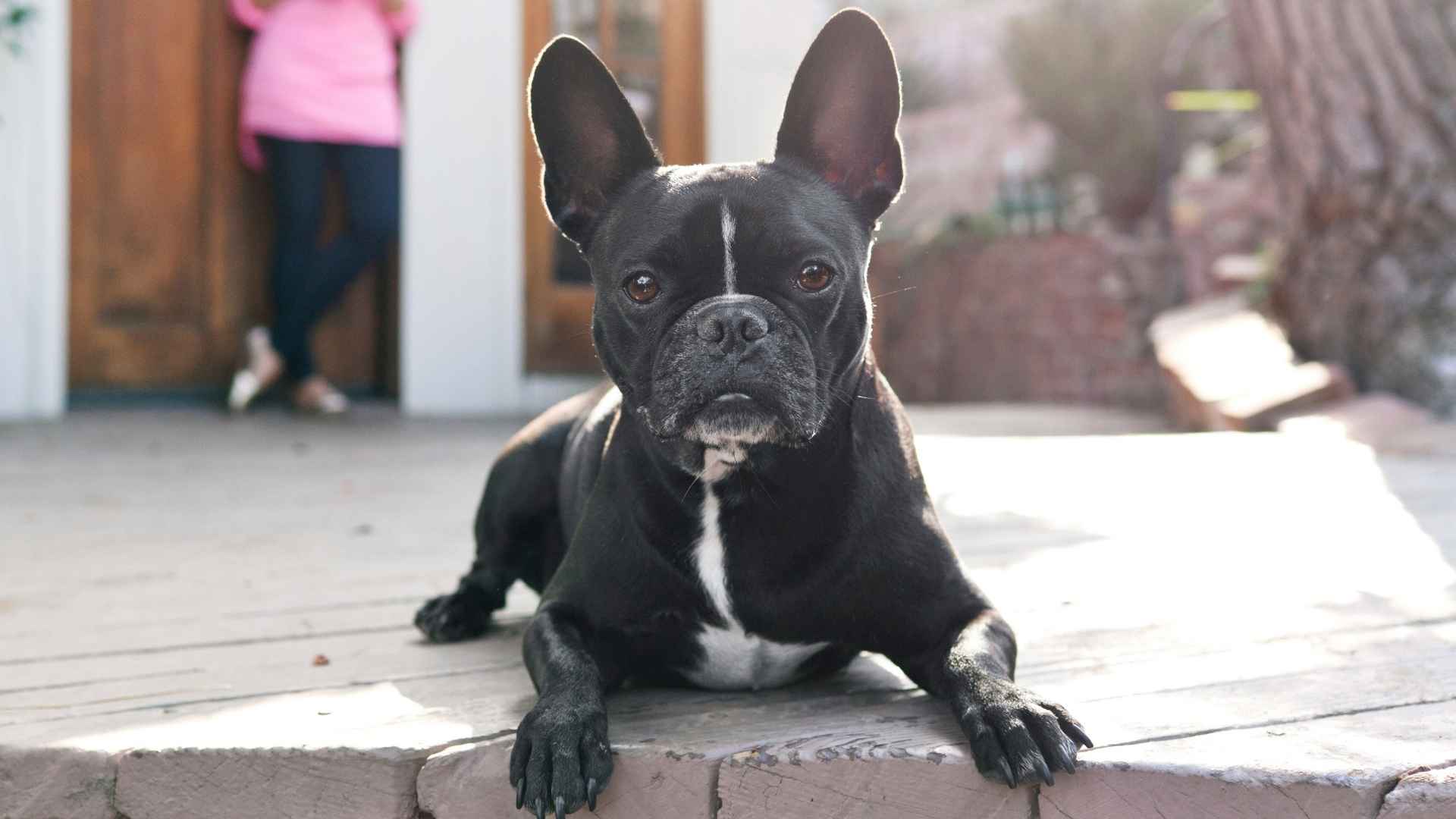Did you know that some dog breeds are quieter than a whisper, even during a mailman’s visit? While barking is a natural part of canine communication, not every pup feels the need to raise their voice. In fact, certain breeds are so calm and quiet, they might just have you checking to make sure they’re still in the room. For apartment dwellers, light sleepers, or anyone craving peace without sacrificing puppy companionship, low-barking dogs are a dream come true.
This growing preference for quieter pets isn’t just about avoiding noise complaints; it’s part of a broader trend toward mindful pet ownership. As more people seek a balance between modern living and animal companionship, calm, even-tempered breeds are rising in popularity.
Whether you’re living in a bustling city or simply value a serene home environment, finding a dog that matches your lifestyle is key. Let’s explore the surprisingly quiet breeds that prove you don’t need barks to make a statement.
Dog Breeds That Don’t Bark a Lot
1. Basenji

The Basenji is a uniquely quiet breed known for its near-total lack of barking, making it a standout choice for those seeking a peaceful companion. Rather than traditional barking, this African hound produces an unusual yodel-like sound called a “baroo,” which stems from its uniquely shaped larynx. This quirky vocalization, while rare, adds character without contributing to everyday noise.
According to PetMD, the Basenji is built for agility and an independent nature. Originally bred for hunting in Central Africa, it thrives on physical activity and mental stimulation. While it’s not a typical lapdog, the Basenji forms strong bonds with its family and can be both affectionate and alert, qualities that make it an intriguing mix of independence and loyalty.
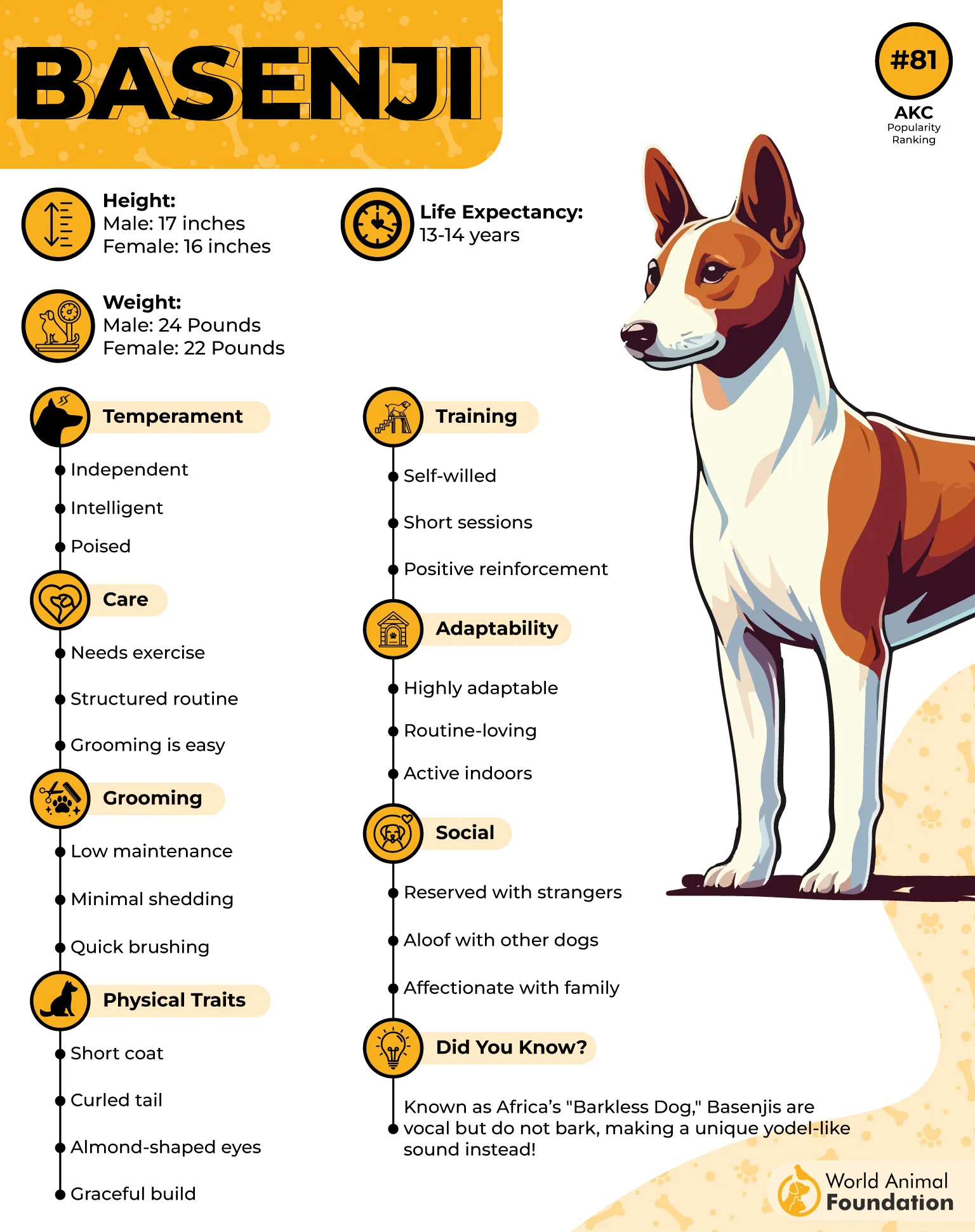
Basenjis are famously clean, often compared to cats in their grooming habits. They lack the typical doggy odor and frequently groom themselves, which is a bonus for owners looking for a lower-maintenance pet. Combined with their short coat and minimal shedding, they’re a great fit for households that value cleanliness.
Despite their quiet nature, Basenjis are anything but passive. They’re intelligent and curious, sometimes mischievously so, requiring consistent training and engagement to keep them out of trouble. A secure yard and puzzle toys can go a long way in satisfying their adventurous spirit.
For those seeking a distinctive, low-barking breed with personality and charm, the Basenji offers a fascinating blend of traits. Its rare vocalizations, independent streak, and cat-like habits make it a conversation starter; even if it’s not the one doing the talking.
2. Greyhound
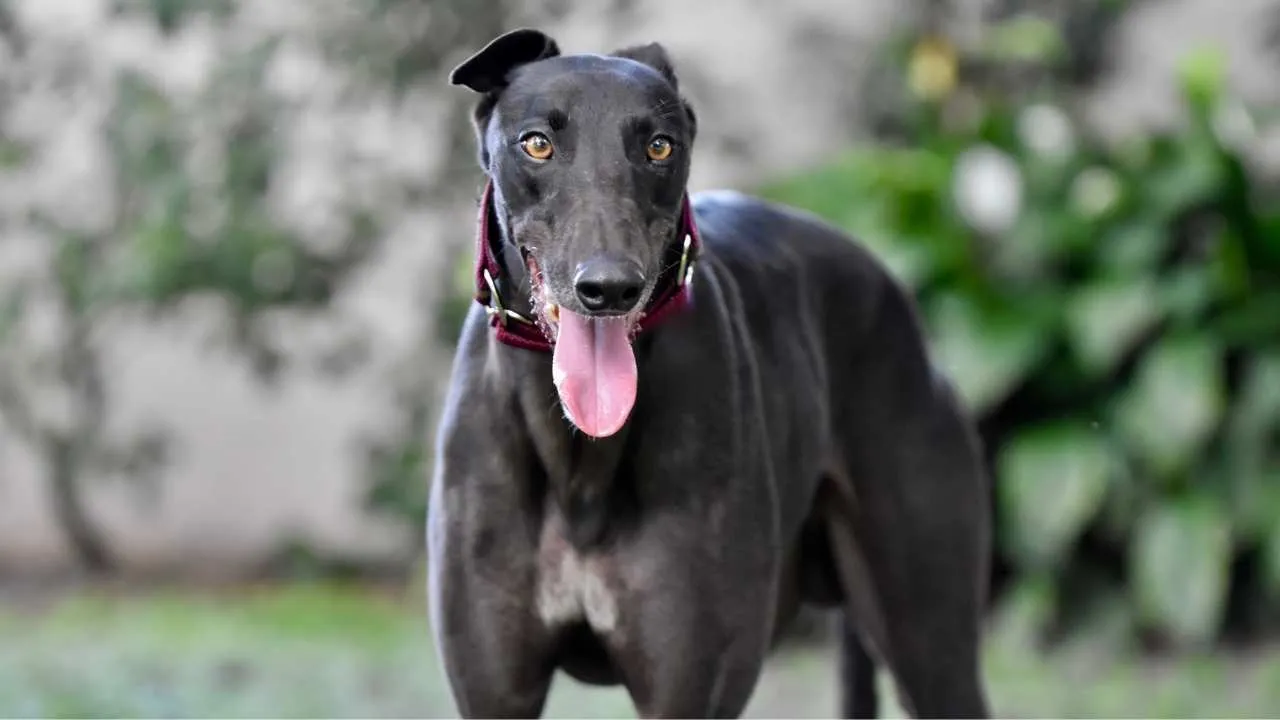
Often mistaken for high-maintenance pets due to their racing history, Greyhounds are surprisingly quiet and gentle companions. Known for their calm demeanor, these sleek dogs are among the least likely breeds to bark excessively. Their quiet nature makes them ideal for apartment living or households seeking a more serene environment.
Despite their athletic build, Greyhounds are quite the couch potatoes. While they enjoy bursts of speed, they’re just as happy lounging for most of the day. This relaxed lifestyle translates into a low likelihood of barking from excitement or excess energy, a common trigger in other breeds.
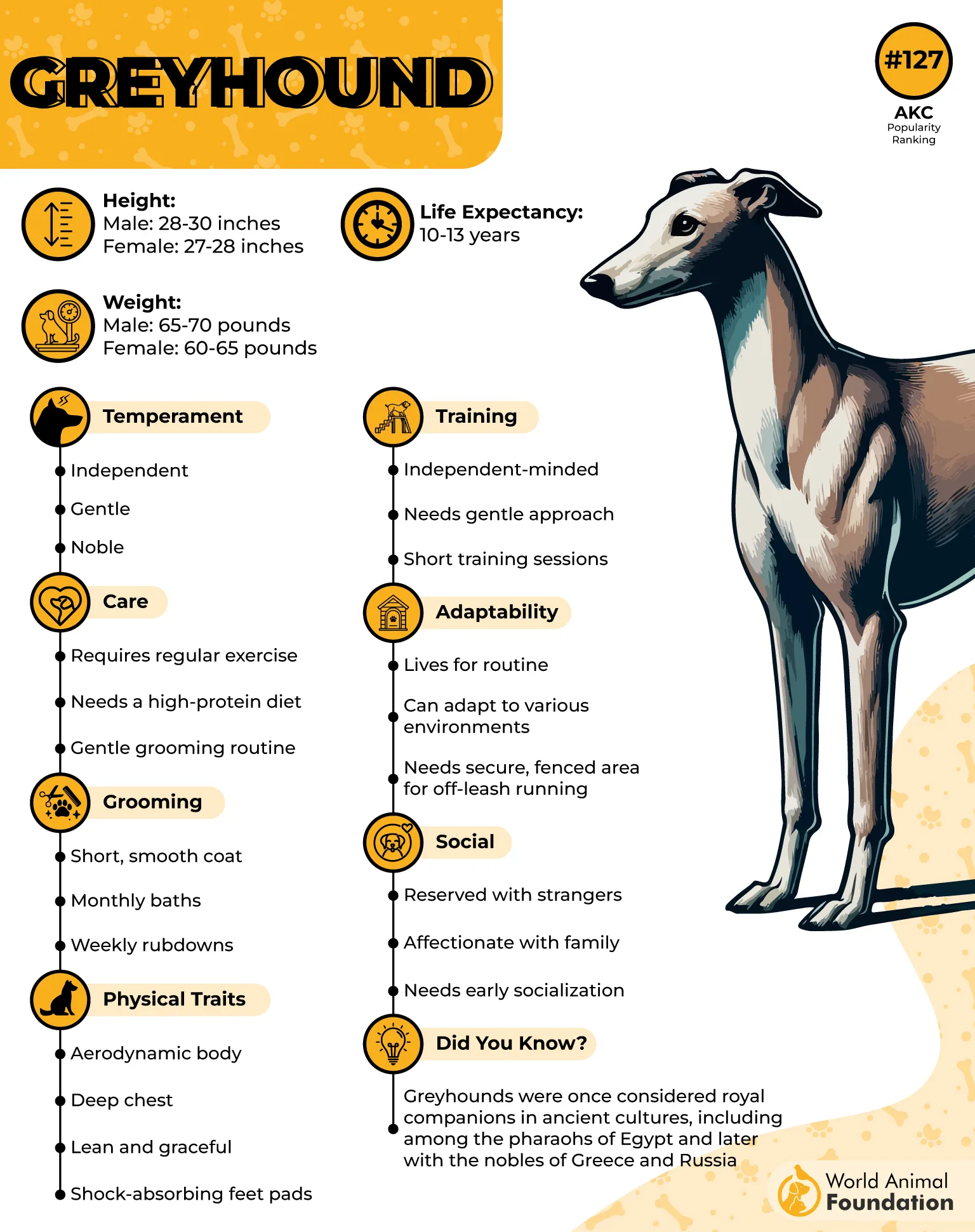
Greyhounds are sensitive and intuitive, which contributes to their quiet temperament. They tend to respond to their environment with measured behavior, preferring observation over vocal reaction. Their gentle personality makes them great with families, singles, or seniors looking for a loyal yet unobtrusive pet.
Training a Greyhound doesn’t usually involve curbing noisy behavior; in fact, many owners report they rarely hear their Greyhound bark at all. This breed’s natural reserve and low reactivity mean they’re not prone to barking at strangers or environmental noise.
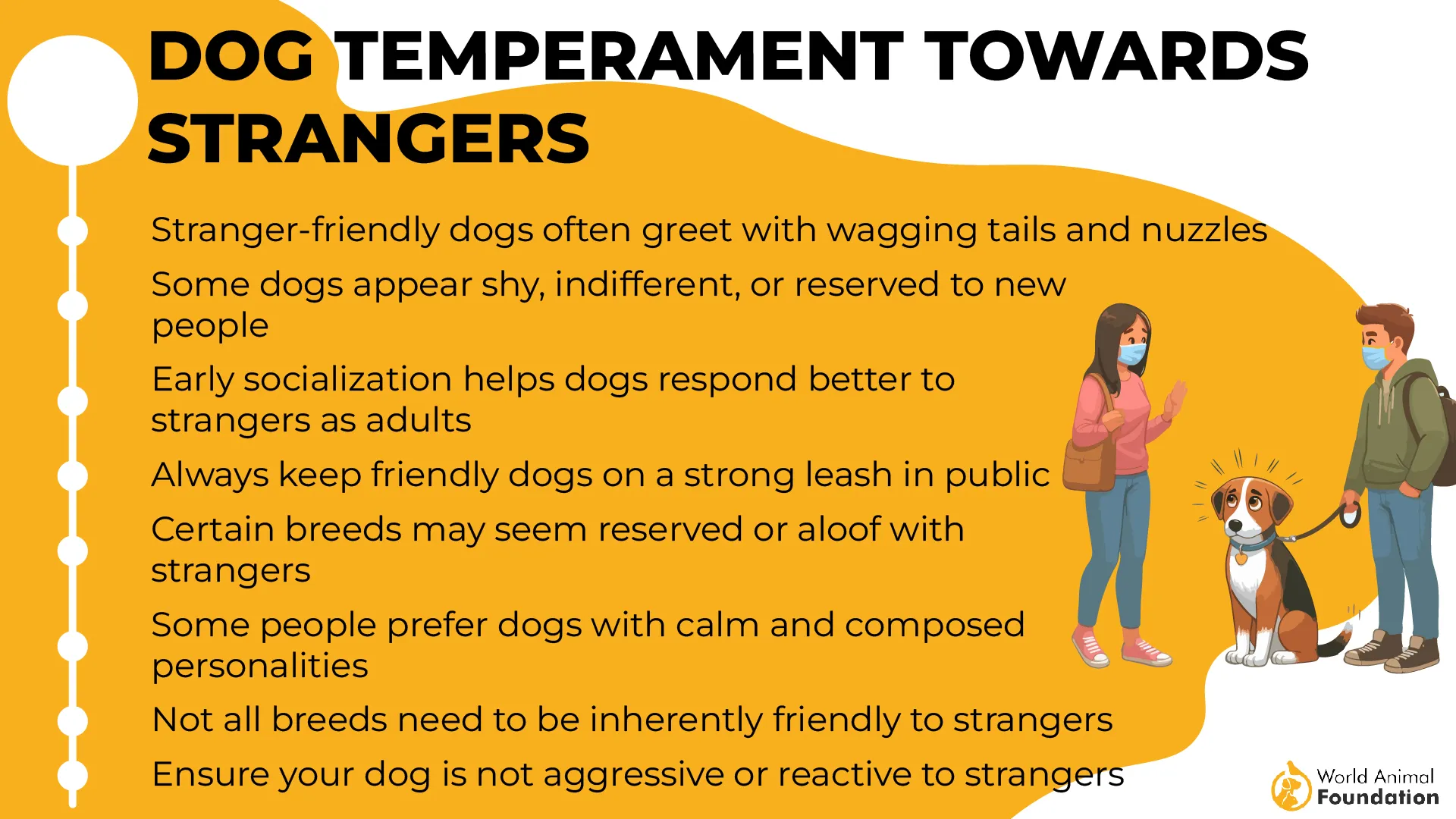
All things considered, Greyhounds are a top pick for anyone who values peace and quiet in a canine companion. Their elegant presence, laid-back attitude, and minimal vocalization make them a unique and rewarding choice among quiet dog breeds.
3. Cavalier King Charles Spaniel

Gentle and adorable, the Cavalier King Charles Spaniel is a quiet companion well-suited for households seeking a low-barking breed. Known for their easygoing temperament and loving nature, these dogs thrive on human interaction without being overly vocal. Their calm disposition makes them ideal for families, apartment dwellers, or seniors who want a peaceful pet presence.
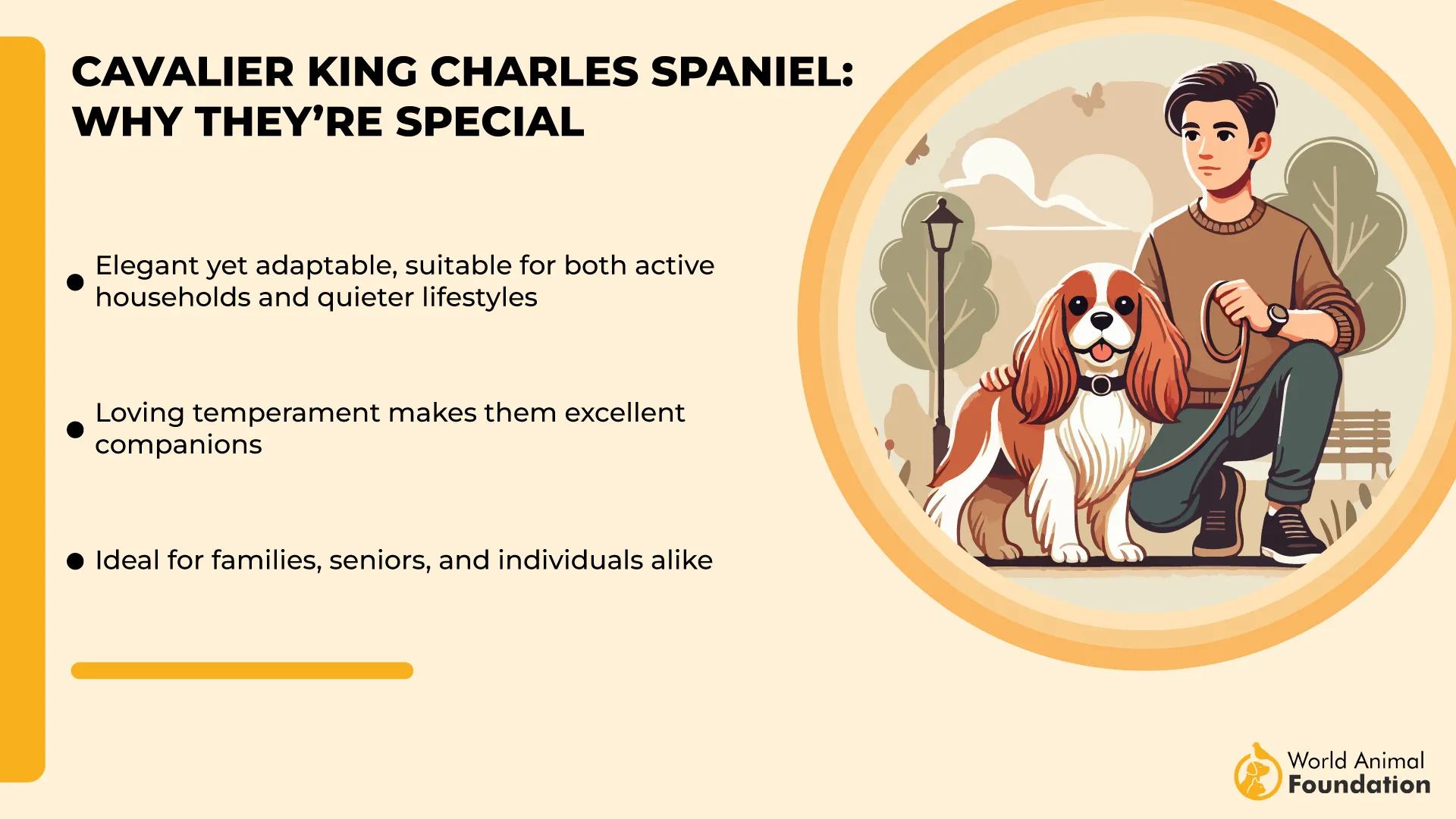
Britannica reports that one of the defining traits of the Cavalier is their friendliness towards strangers and other animals. Rather than barking at strangers or unfamiliar dogs, they typically greet newcomers with curiosity and warmth. This sociability significantly reduces their tendency to bark out of territorial instinct or anxiety.
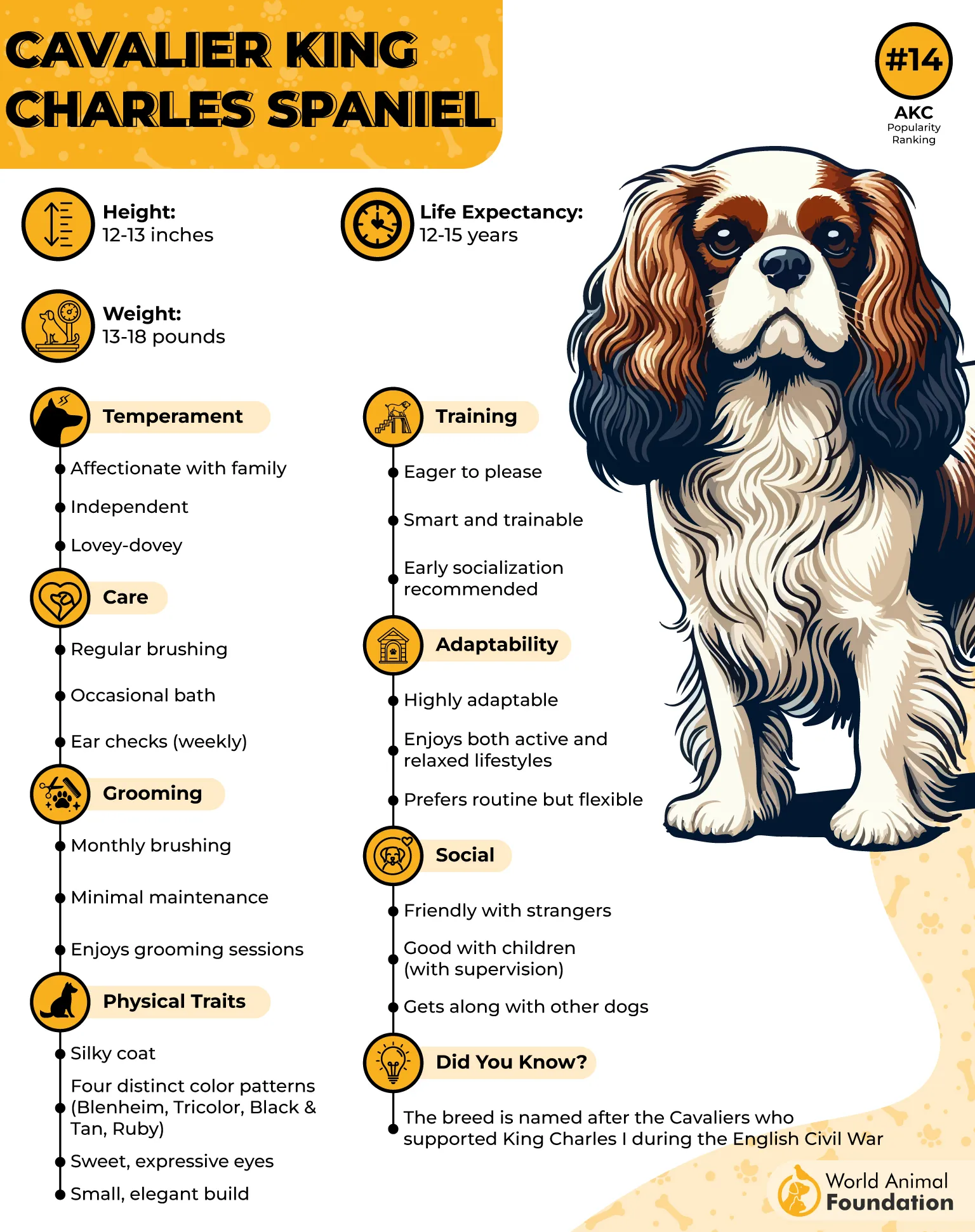
Their adaptability also plays a key role in their quiet demeanor. Whether lounging on the couch or enjoying a leisurely walk, Cavaliers are content as long as they’re close to their people. They don’t require constant stimulation to stay happy and are less likely to bark from boredom compared to more high-strung breeds.
Training the Cavalier is generally straightforward thanks to their eagerness to please and gentle attitude. With positive reinforcement, they quickly learn what behaviors are expected of them, including when it’s time to stay quiet. Their sensitivity also means they respond well to calm, consistent guidance rather than harsh correction.
Despite their serene nature, regular companionship is essential. They don’t do well when left alone for extended periods and may become vocal if neglected. But in a loving, attentive home, the Cavalier King Charles Spaniel remains one of the quieter, more contented canine companions you can find.
4. French Bulldog
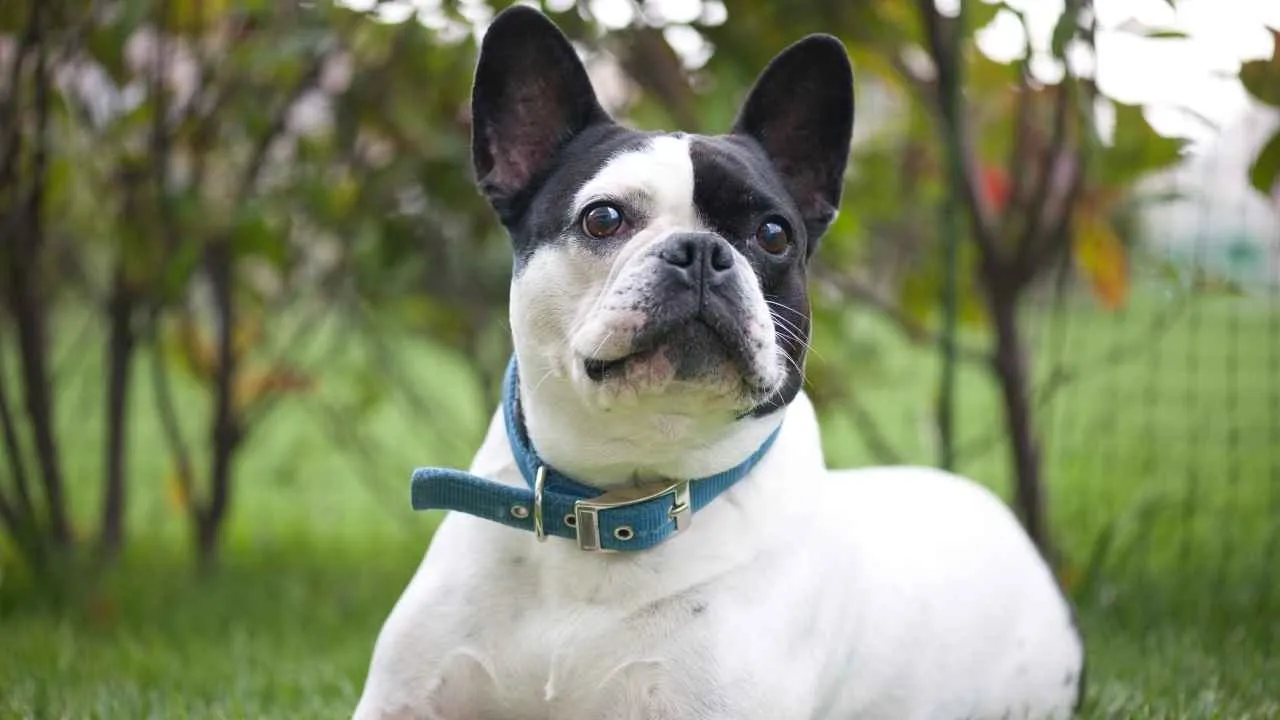
Compact, charming, and full of personality, the French Bulldog is a standout choice for those seeking a quiet companion. Despite its playful spirit and lovely nature, this breed is notably reserved when it comes to vocalizations.
Frenchies are known for their low tendency to bark, making them ideal for apartment living or households that favor peace and quiet.
French Bulldogs thrive on companionship and often form close bonds with their families. This closeness reduces the likelihood of excessive barking, as they rarely feel the need to demand attention. Their calm demeanor means they’re less reactive to external stimuli like passing strangers or other pets, contributing further to their reputation as a quiet breed.
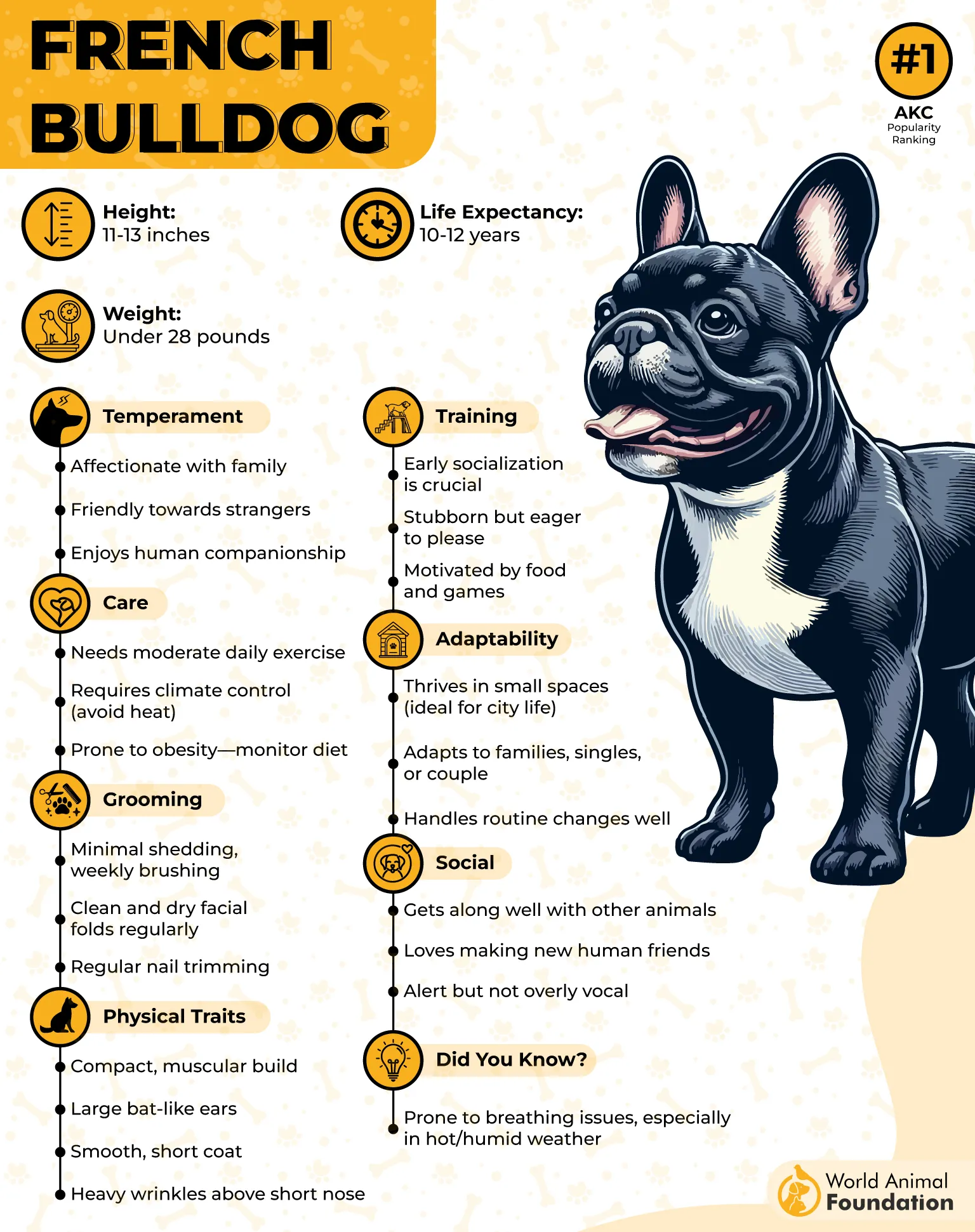
While they may not be vocal, Frenchies aren’t short on personality. They’re expressive in other ways, through snorts, grunts, and lots of body language. These endearing quirks allow them to communicate without being loud. It’s part of what makes them so lovable and entertaining to be around.
Another reason French Bulldogs tend to be on the quieter side is their confident and even-tempered nature. They are not overly anxious or skittish, traits that often lead to excessive barking in other breeds. Instead, they take most things in stride, maintaining a relaxed presence in their environment.
5. Bulldog
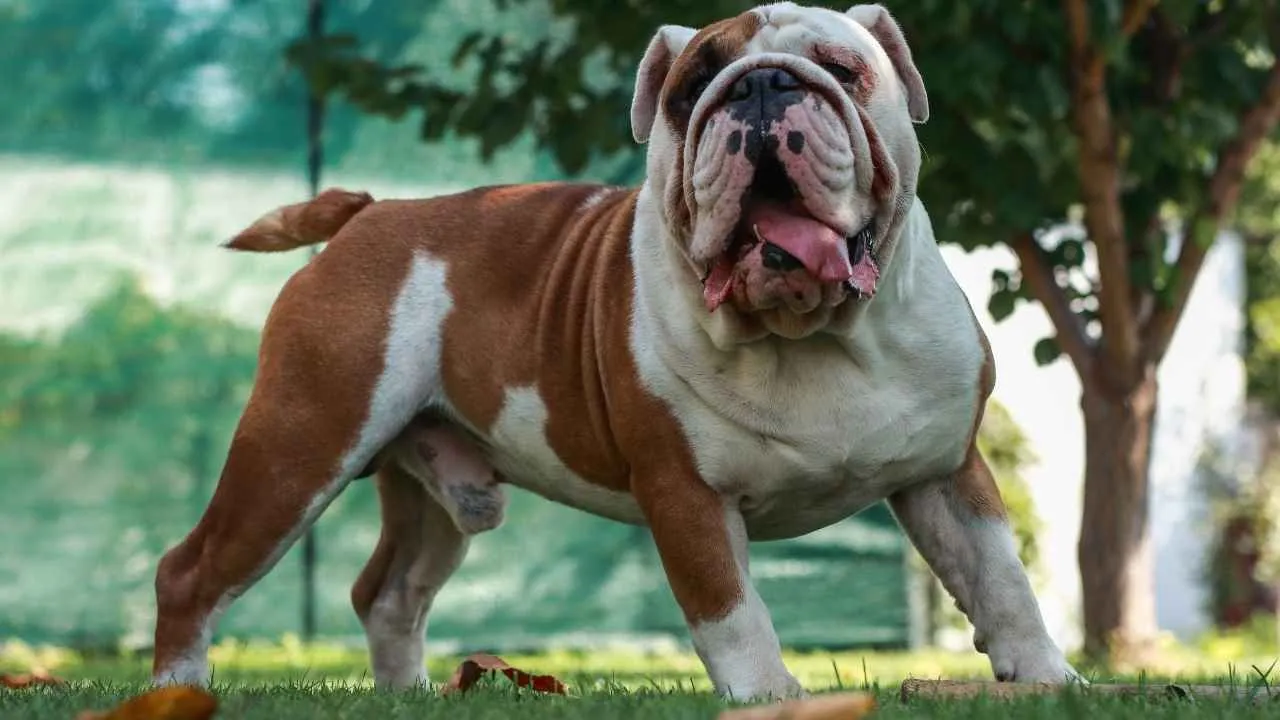
Bulldogs are widely known for their calm demeanor and minimal barking habits, making them ideal for apartment living and quieter households. Rather than vocalizing their needs, Bulldogs tend to express themselves through body language and subtle cues. This characteristic makes them particularly suitable for individuals who value a peaceful home environment without constant canine chatter.
These dogs are inherently laid-back and less reactive to external stimuli, which contributes to their reputation as low-bark companions.
Bulldogs are not typically watchdogs that sound the alarm at every sound; they’re more likely to stay relaxed, even when other dogs might bark. Their mellow disposition keeps their vocalizations infrequent and purposeful.
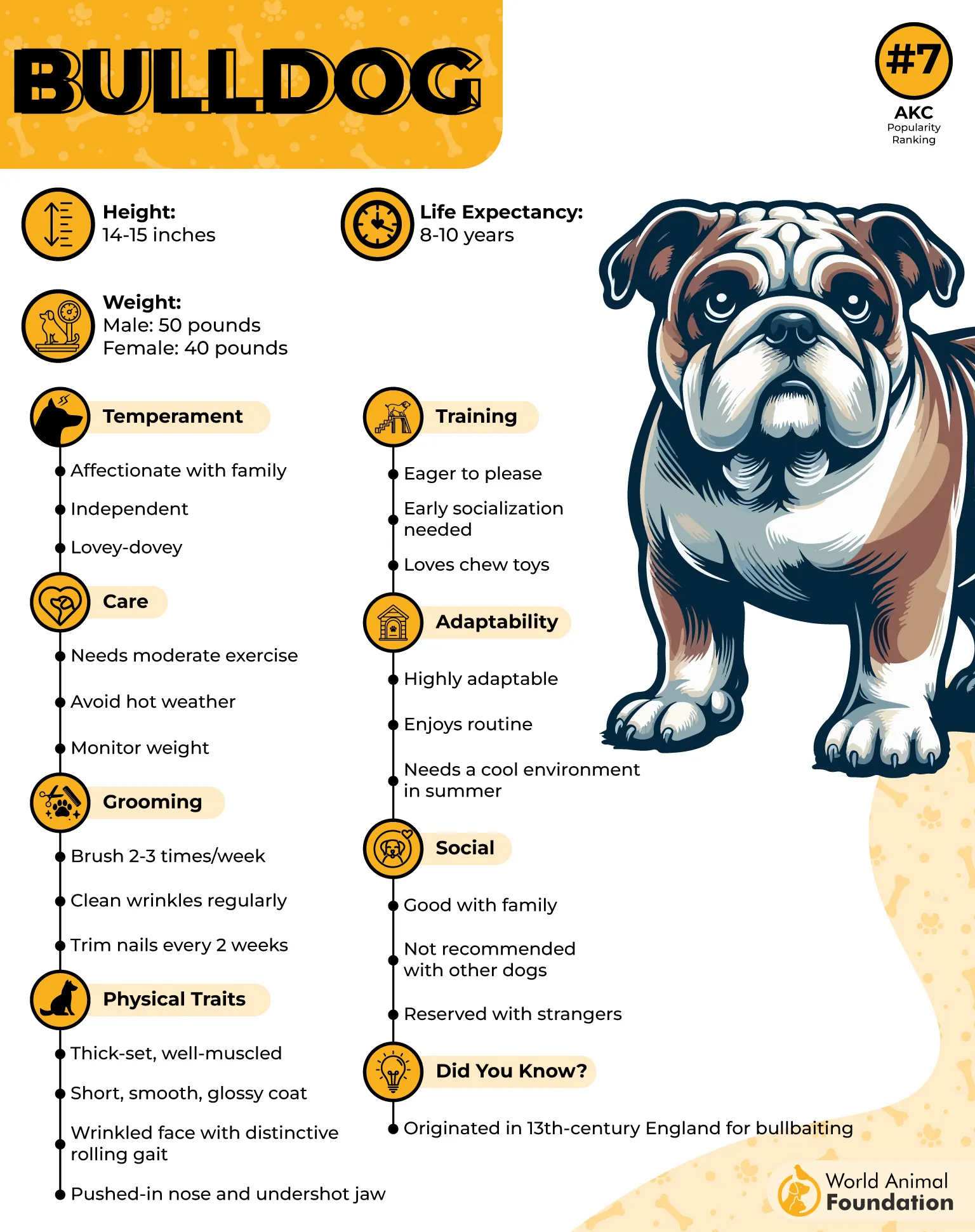
Despite their tough, muscular appearance, Bulldogs are affectionate and people-oriented. They form strong bonds with their families and prefer human company to solitude. This loyalty and attachment don’t translate into separation anxiety-driven barking, though; Bulldogs are generally composed, even when left alone for reasonable periods.
In terms of maintenance, their quiet nature is complemented by low activity needs. Bulldogs aren’t high-energy, so they don’t need excessive stimulation to stay content, which can often reduce triggers for barking. Their indoor-friendly size and low excitability further enhance their reputation as excellent, low-noise companions.
6. Borzoi
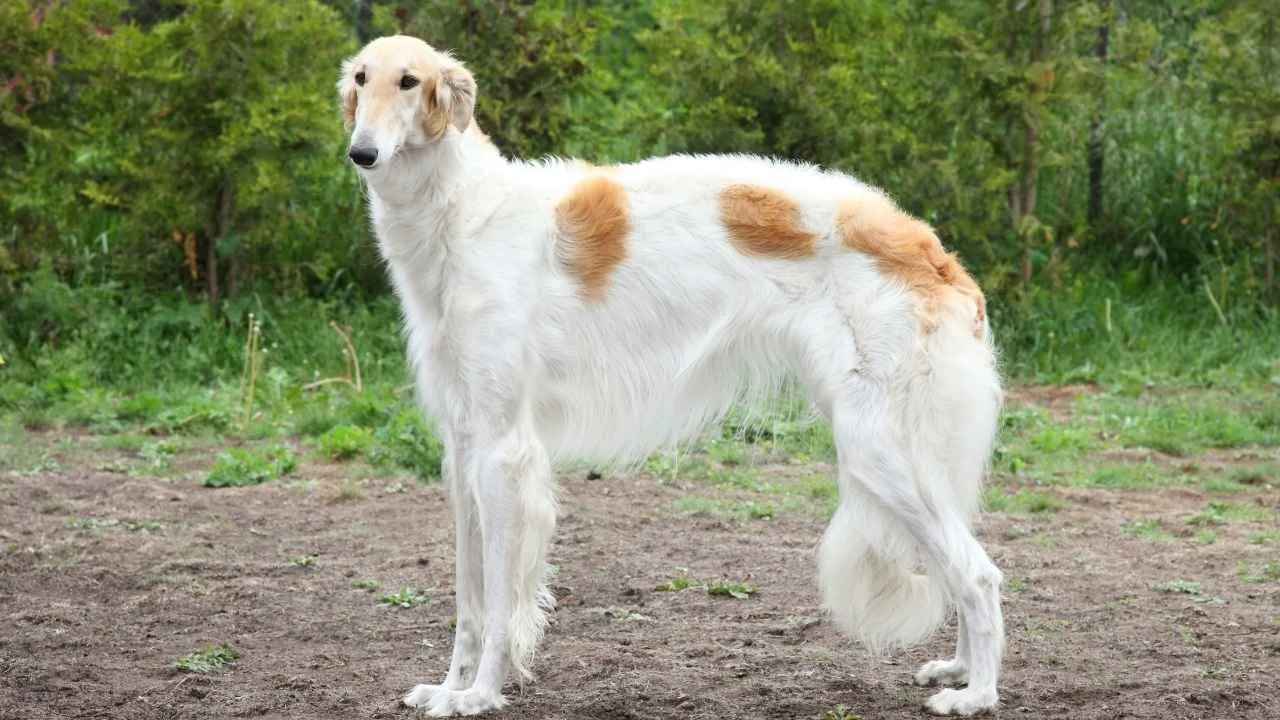
Borzoi is a quiet companion with a calm demeanor that makes it a standout among low-barking dog breeds. Hills Pet describes its nature as calm and gentle. Originally bred for hunting wolves in Russia, these sighthounds possess a regal presence and a peaceful disposition, often preferring observation over vocalization.
Borzoi dogs are not known to bark unnecessarily. Their reserved temperament and aloof nature contribute to their quietness, especially in home environments. Unlike more reactive breeds, Borzois are not easily triggered by noise or strangers, making them excellent choices for those seeking a serene household.
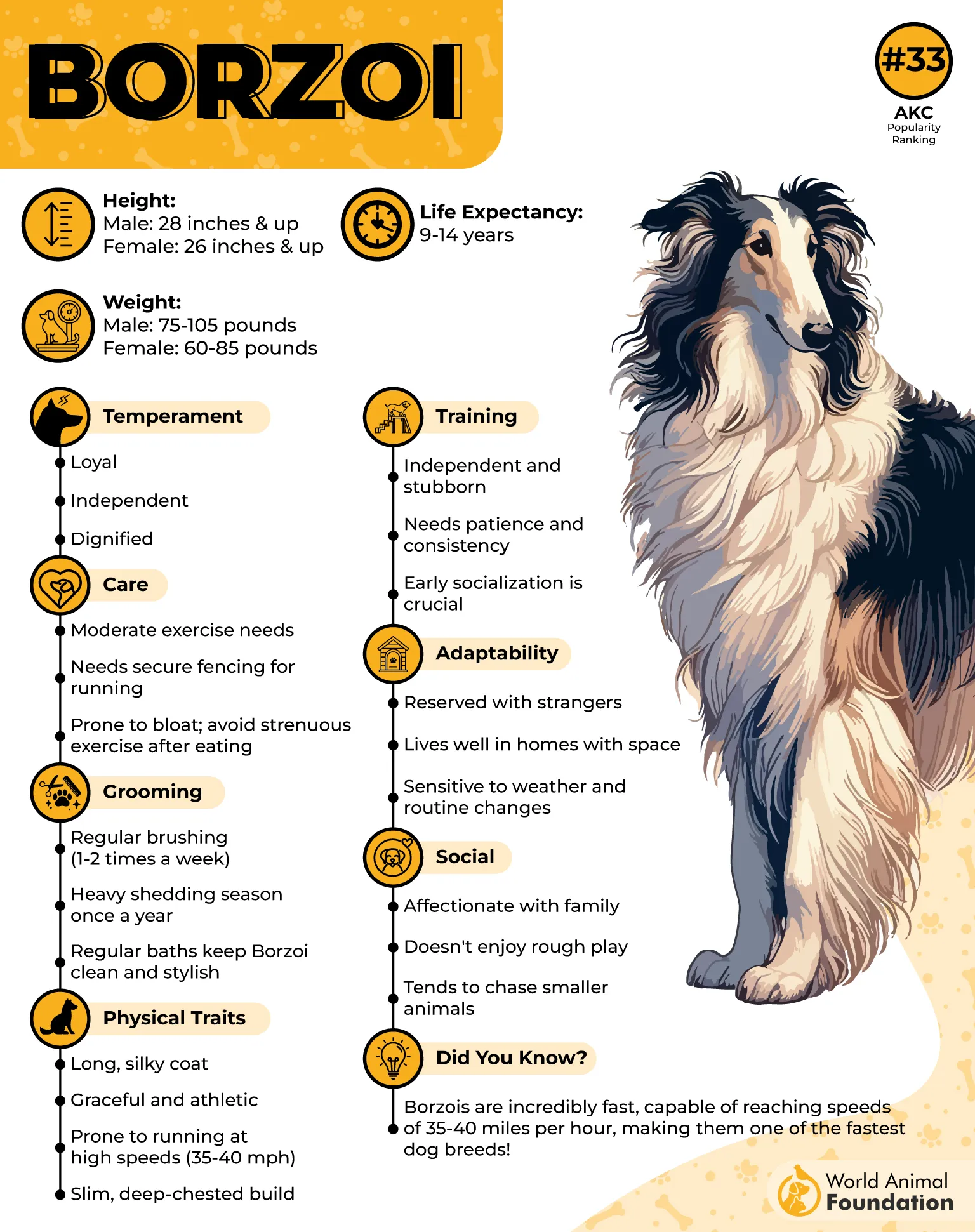
Despite their aristocratic looks, Borzois are affectionate with their families. They form strong bonds but maintain a certain independence that aligns well with quieter lifestyles. They typically communicate through body language rather than barking, and even when excited or alert, they tend to remain composed.
Their size and exercise needs require some consideration, but as long as they have space to stretch their legs and a comfortable place to relax, Borzois are generally low-maintenance in terms of energy indoors. Their minimal barking also makes them well-suited to apartment living, provided their need for occasional vigorous exercise is met.
Overall, the Borzoi is a sophisticated, low-noise breed that brings both grace and tranquility to its home. For individuals or families looking for a large yet peaceful companion, this breed offers the best of both worlds: beauty, loyalty, and silence.
7. Scottish Deerhound
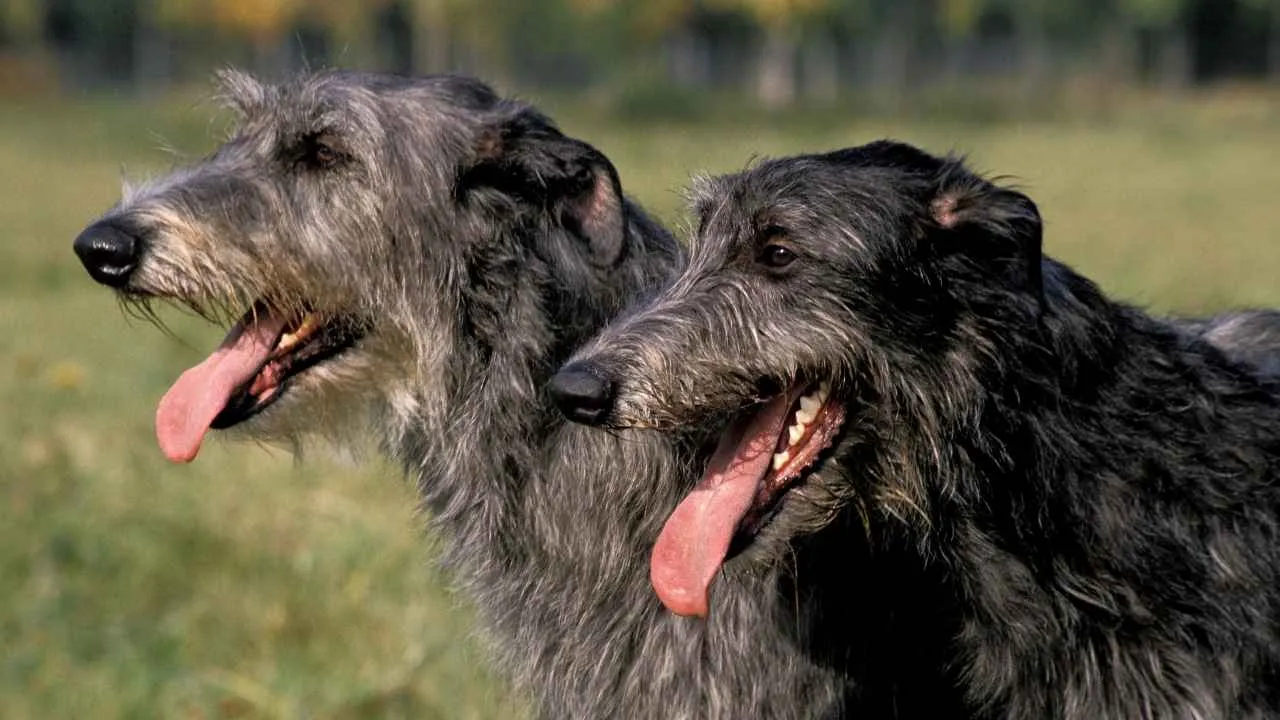
With their tall, graceful frame and calm nature, Scottish Deerhounds make for surprisingly quiet companions. Originally bred in Scotland for hunting deer, these dogs are known more for their dignified presence than their vocalizations. They are not natural barkers, preferring instead to observe their surroundings in silence, which makes them a great fit for households seeking a peaceful environment.
Scottish Deerhounds typically stand between 28 to 32 inches tall and weigh 75 to 110 pounds, giving them a commanding yet gentle presence. Despite their large size, they’re remarkably mild-mannered and adorable, often forming strong bonds with their families.
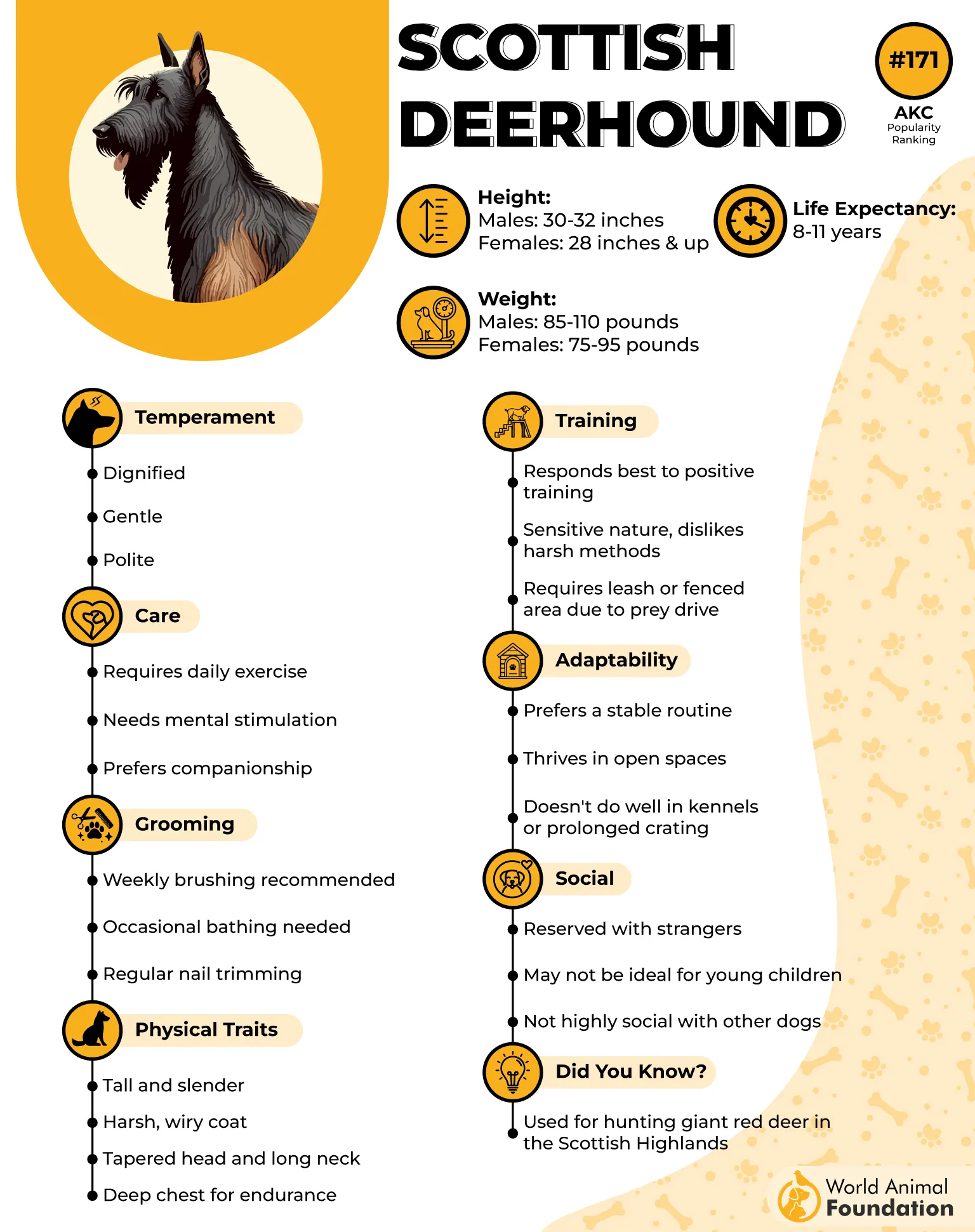
Their quiet demeanor complements their sensitive temperament, making them less prone to barking in response to every minor disturbance.
These dogs thrive best in homes with ample space to stretch out and roam. While they don’t need constant activity, their sighthound lineage means they enjoy opportunities to run in a secure area. Still, even with their athletic build, they’re content lounging indoors with their people, rarely resorting to excessive noise to express themselves.
Training a Scottish Deerhound is generally straightforward, thanks to their eager-to-please attitude, but they do require gentle guidance. Harsh training methods can clash with their sensitive nature, though their quiet disposition often means they’re not challenging to manage. Socialization helps reinforce their natural calm, ensuring they remain composed in various environments.
8. Soft-Coated Wheaten Terrier
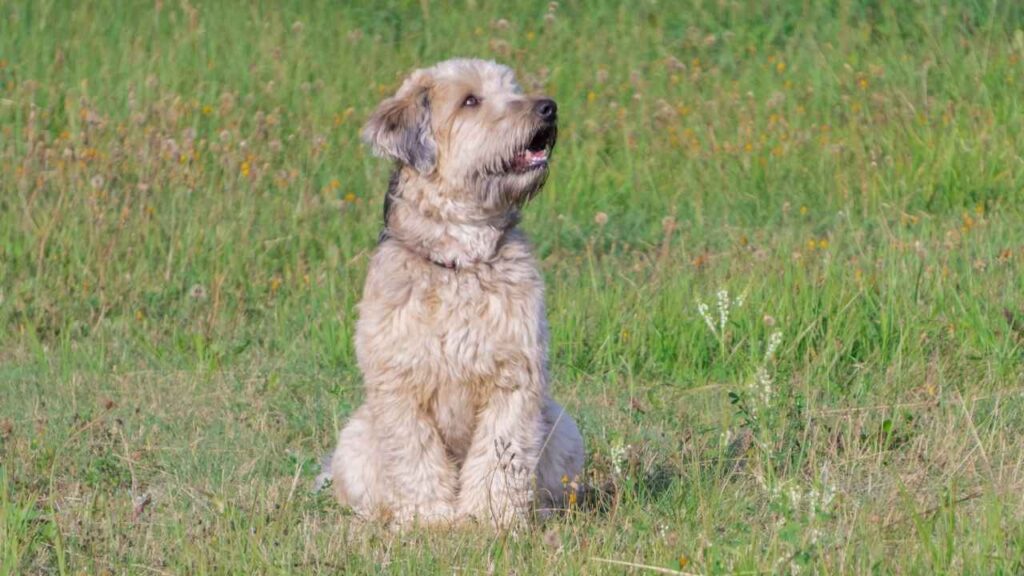
The Soft-Coated Wheaten Terrier brings a refreshing twist to the terrier group, known for its friendly disposition and relatively quiet nature. While many terriers have a reputation for being vocal, the Wheaten is noticeably more reserved when it comes to barking, making it a strong choice for families or individuals seeking a lower-noise companion.
This breed strikes a pleasant balance between energy and composure. Wheaten terriers are alert and lively, but they don’t resort to barking unless necessary. Their watchdog instincts mean they’ll give a heads-up when something’s amiss, but they aren’t prone to excessive or nuisance barking, especially when properly trained and socialized.
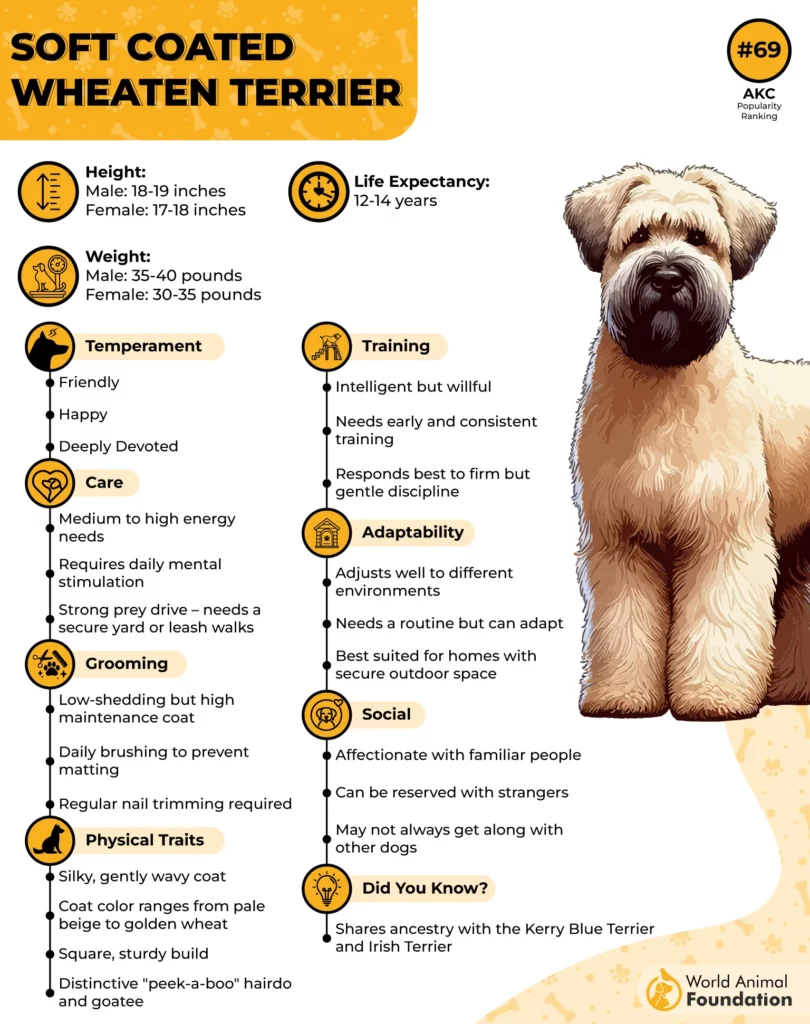
Another standout feature of the Wheaten is its kind temperament. These dogs form strong bonds with their people and thrive on human interaction. Their cheerful, enthusiastic demeanor makes them popular among households with children or multiple pets.
This affable nature also contributes to their calm vocal habits; they’re more interested in play and companionship than sounding the alarm.
That said, regular exercise is important. A well-exercised Wheaten is a happy, quiet one. Without sufficient mental and physical stimulation, even a typically quiet breed may develop unwanted behaviors. Daily walks, play sessions, and a bit of training can go a long way in keeping this breed balanced.
9. Shiba Inu
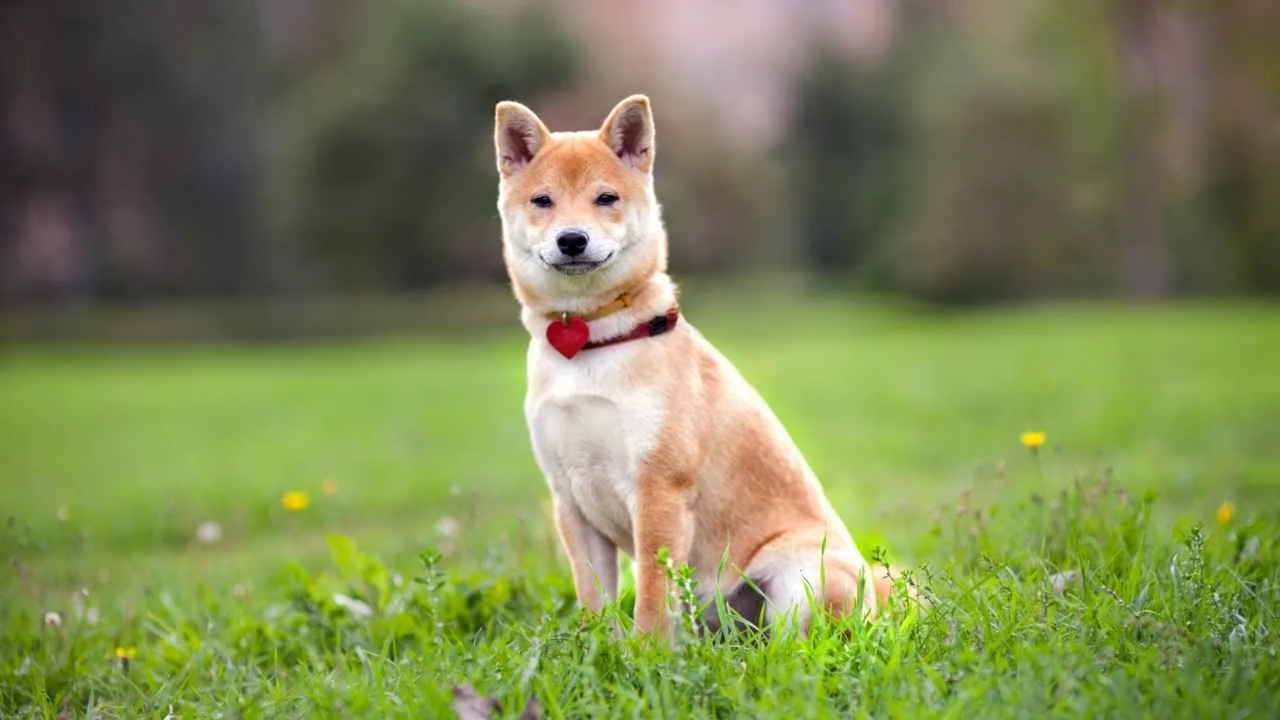
Despite their spirited personality, the Shiba Inu is a surprisingly quiet breed. Known for their fox-like appearance and confident demeanor, these dogs are not inclined to bark without a clear reason. Their alert nature means they will vocalize if something seems amiss, but they’re far from being a noisy companion.
Shiba Inus tend to communicate in other ways, through body language or their famous “Shiba scream,” which is typically reserved for moments of extreme displeasure or excitement. Day-to-day, however, they remain composed and relatively silent, making them well-suited for apartment dwellers or homes where noise control is important.
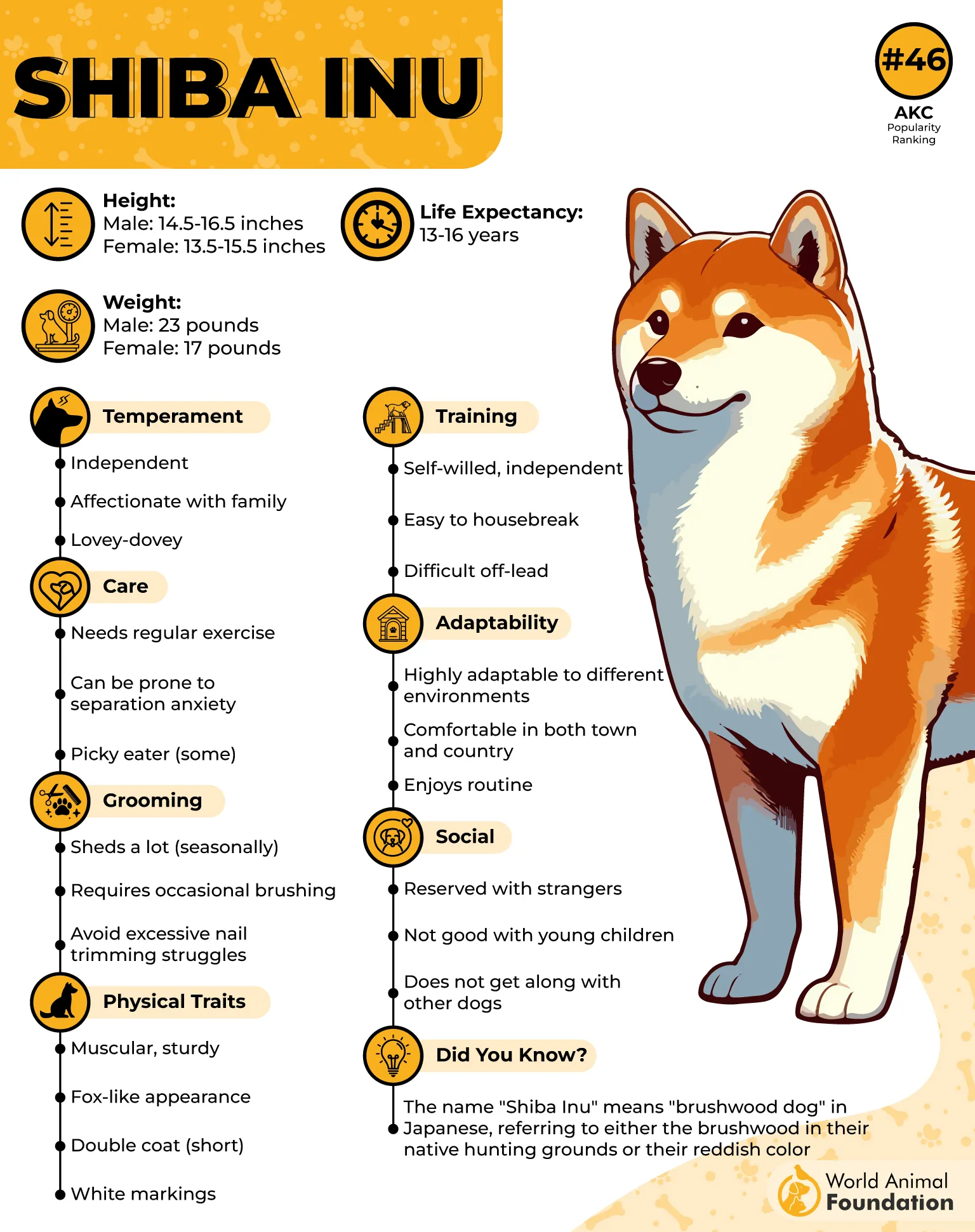
While their independent streak can present training challenges, it’s also what contributes to their quiet nature. They’re not needy or prone to separation anxiety, so you won’t hear them barking out of boredom or distress as often as more attention-seeking breeds might. Their calm disposition, particularly indoors, makes them ideal for owners who value peace and quiet.
Socialization plays a key role in shaping a Shiba Inu’s behavior. When properly introduced to people and environments early on, they become more adaptable and less reactive, both of which help minimize unnecessary barking. A well-adjusted Shiba tends to be more observant than vocal.
Ultimately, the Shiba Inu is a breed that values its own space and expresses itself thoughtfully. For those seeking a compact, clean, and quiet canine with a hint of sass, this breed offers a unique blend of independence and low vocalization that’s hard to beat.
10. Irish Setter

The Irish Setter may not be the first breed that comes to mind when you think of quiet dogs, but it certainly earns its spot on this list. Known for their elegant red coats and athletic grace, these dogs are naturally more vocal through body language than barking.
They’re generally friendly and sociable, preferring to interact with people and other dogs in a calm and gentle way, which minimizes unnecessary noise.
What sets Irish Setters apart is their cheerful demeanor. They thrive on companionship and are quick to make friends, reducing the need to bark out of anxiety or aggression. While they’re energetic and playful, especially when outdoors, they tend to stay relatively quiet indoors when their exercise needs are met.
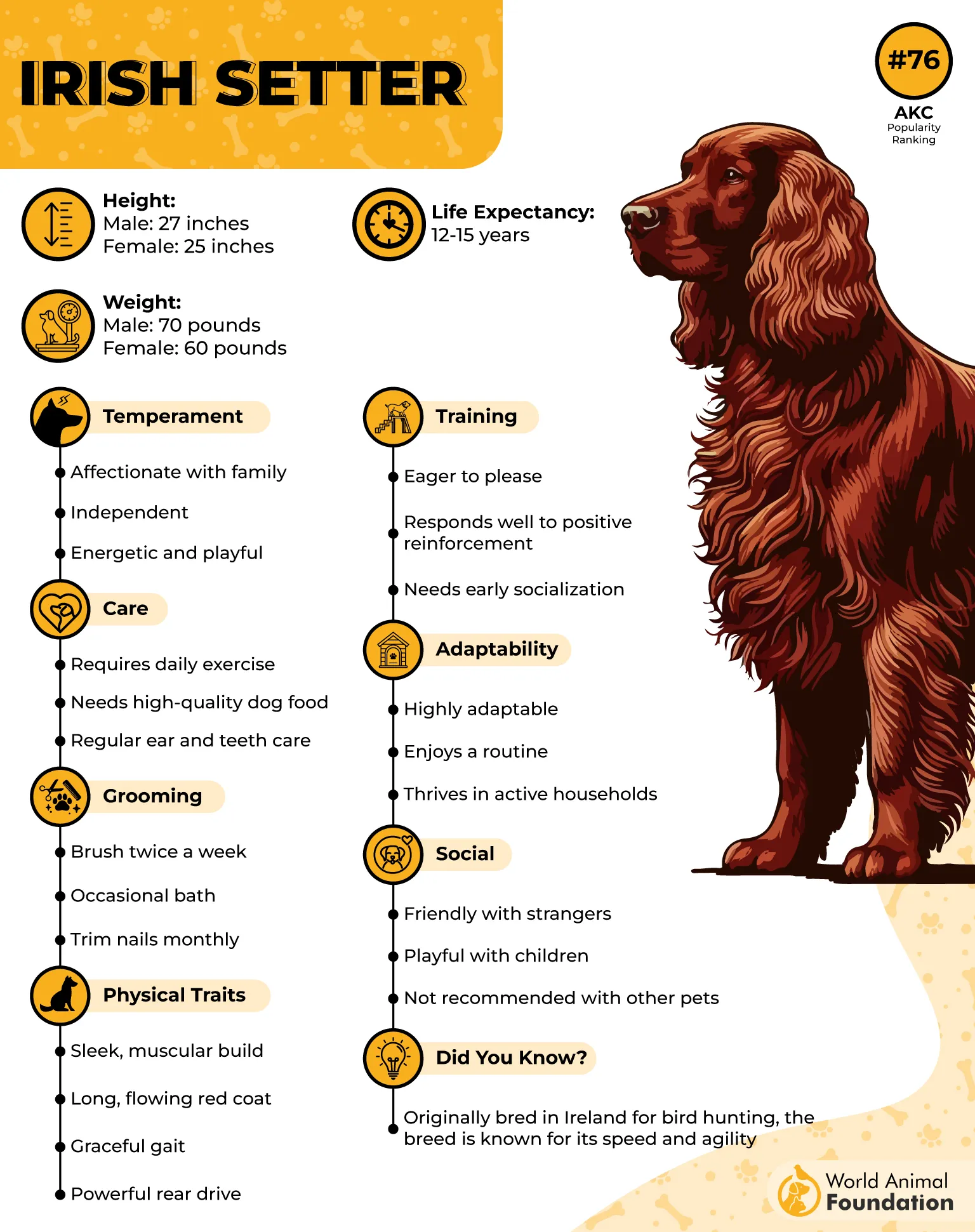
These dogs are also quite intelligent and eager to please, which makes them relatively easy to train. This temperament helps curb excessive barking early on with the right positive reinforcement techniques. Their sensitivity to their owners’ cues also means they’re less likely to bark without a clear reason.
Irish Setters do require regular physical activity to remain content. When left under-stimulated, they might become vocal or restless, not out of habit, but due to unmet needs. However, with daily walks and engaging play, they’re much more likely to stay peaceful and quiet.
Conclusion
Finding the right dog often comes down to personality, and for those seeking a peaceful, low-barking companion, the breeds we’ve explored offer a perfect mix of calmness, charm, and companionship. Whether it’s the laid-back nature of a Basenji, a true barkless dog; the poised elegance of an Irish Setter, the gentle loyalty of a Cavalier King Charles Spaniel, or even the calm presence of a Bernese Mountain Dog, each of these dogs brings something special to the table, minus the noise. They’re proof that a generally quiet dog doesn’t mean a dull one; in fact, they’re often the most expressive in the sweetest, subtlest ways.
So if you’re dreaming of a furry friend who won’t turn every doorbell into a five-alarm warning, these dogs that don’t bark much might just be your ideal match. Think of them as the strong, silent types, with a wagging tail. Whether you’re a city dweller looking for guard dogs, a first-time dog owner wanting a mellow small dog breed, or someone who appreciates the restraint even hunting dogs can show, these low-bark legends are worth a closer look. After all, sometimes the quietest dogs bark the loudest, in all the ways that truly matter.


